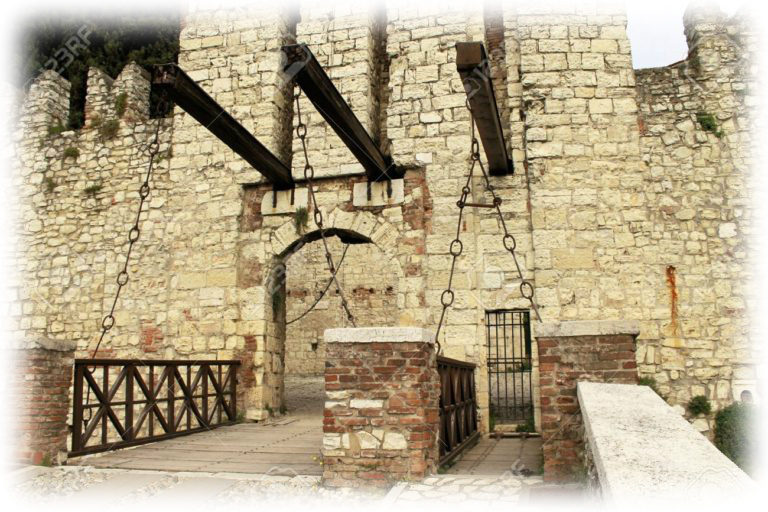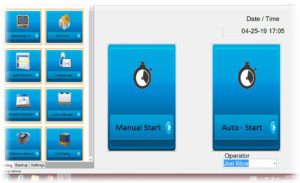About Us
The advent of the internet has brought about a wealth of resources to people interested in almost any field imaginable. Unfortunately, as someone who maintains and repairs drawbridges, I found very few places where I could ask questions or learn new information relevant to my industry. What I was looking for was drawbridge related news, articles, resources and links of interest.
Drawbridge Specific was born out of that frustration. With a smattering of basic information and data, we offer helpful links to industry related websites, highlights of drawbridges in the news, and blog posts on wide ranging topics all relevant to the world of drawbridges.
Stop by often to check out the topics, read a new story and discover a new link. Always feel free to post a comment or ask a question. And if you want to share a story that may be of interest concerning drawbridges, please contact us and let us know. We would welcome working with you to post a guest article.
New! Ask A Question Section
Have a question about drawbridge maintenance, repair or just a general question concerning drawbridges? Send your questions to: questions@drawbridgespecific.com and I’ll give you the best answer I’ve got and post them here. Since most of the inquiries we’ve received have been about drawbridges in general, we’ll start with some of these. Check back to see more answers as they post!
Question – Jessie B. asks – I frequently drive over a bridge in Duluth that opens for very large ships. Is there some regulation that tells them how far away from the bridge the ship has to be before they open? Sometimes it seems excessive.
Answer – Hey Jessie, I do not believe there is anything in writing that clearly defines exactly when an operator has to open for a vessel. In general, a bridge operator must begin the opening early enough that if a problem arises at any time during the opening and the bridge fails to fully raise, the approaching vessel has enough time to safely stop. With very large ships, this can take a significant amount of time depending on tides, winds and ship conditions.
On my bridges, we train operators to leave the choice of when to begin an opening up to the captain of the requesting vessel. Especially with large vessels like ships and tug/barges. The vessel captain knows exactly how his vessel is handling and how much distance it will take him to safely stop. I would image that your bridge probably has a similar policy. We have one bridge that often gets very strong winds pushing down the river directly towards the bridge. When a large vessel requests an opening on that bridge, they can often request that the opening starts while well over a mile away. While this may seems excessive to the person sitting in their car, it’s really just good sense. Thanks for the question!

History Of Drawbridges
Some basic background information to get you started.
Types Of Drawbridges

The Principles Of A Drawbridge
Most drawbridges today operate on the exact same principles as the ones from 100 years ago.
Drawbridges In The News

Every week we highlight a news story featuring a notable drawbridge incident. While some of these are fairly old, they all illustrate the incredible things that can happen at any time and hopefully provide a warning we can heed or a lesson we can learn.
Many questions when drawbridges are to be replaced
This story shows that beyond the normal questions involved when replacement of a drawbridge is contemplated, sometimes issues arise that many would never even consider. Such as whether to turn the old bridge into a historic pedestrian park, for example.
Drawbridge Related Links

This week's link of interest
Galco is an amazing source for many things drawbridge related. I have used them for resolvers, encoders and VFD keypads just to name a few things. They also provide repair services for many control cards. Check them out for yourself.
Blog Posts

Every week we try to post a drawbridge related blog post, article or story. To see past postings, visit our Blog Archive. And as always, feel free to contact us for questions or comments.
BridgeTender Software
Vessel logs are hard to take, hard to read and hard to store. Bring your log taking into the 21st century with the new BridgeTender software. Store information in a searchable database and take advantage of real time notifications of bridge openings via X! (formerly Twitter)



